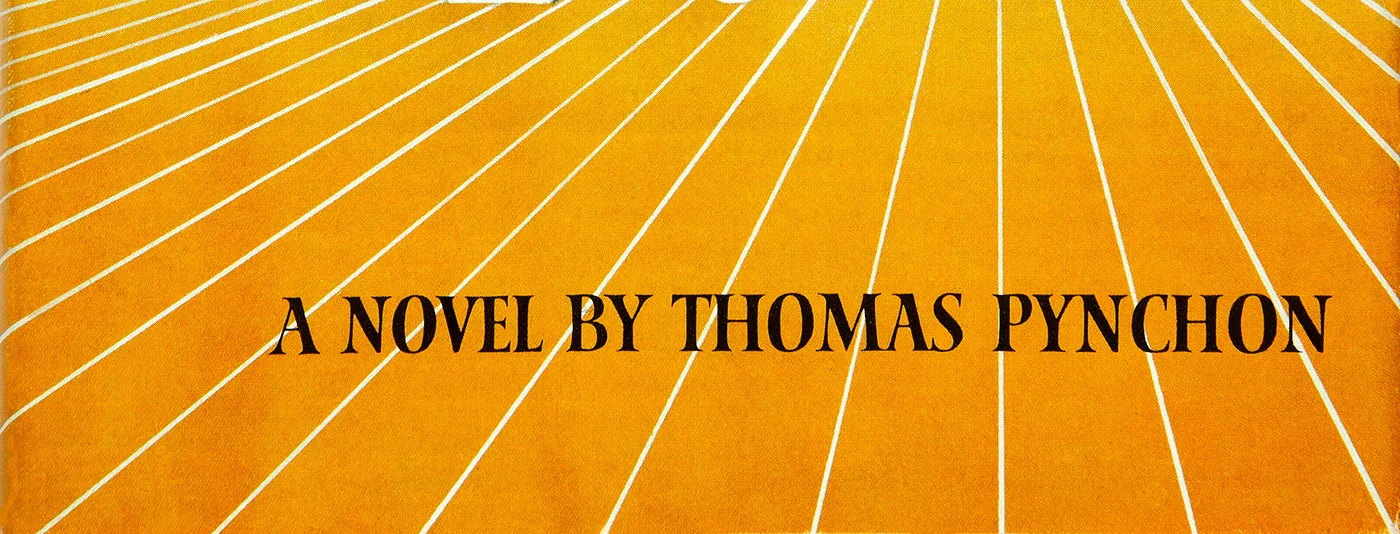Entropy is a measure of disorder and randomness in a system. It quantifies the amount of energy that is unavailable for doing useful work and the level of disorganization in a system. Simply put, entropy represents the tendency of a system towards increased chaos and disorder over time.
The name Entropy was inspired by a Thomas Pynchon short story based on the second law of thermodynamics. This is the second business JJ Wandler’s named after a Pynchon story, the first being a vintage store in Seattle he used to own called Lot 49, based on the book The Crying of Lot 49.
“‘Entropy’ has to do with the heat death of the universe, and it also has to do with the tendency of organized systems to descend into chaos,” he says. “Record stores, for all the organization that you do, they descend into chaos and require constant maintenance of the bins, of the alphabetizing, of everything.”
In the context of his novel, entropy represents the gradual decline and decay of both physical and social systems, as well as the gradual increase in disorder and randomness. Pynchon uses this idea to reflect on larger themes of modernity and the loss of meaning and purpose in a rapidly changing world.
The characters in the book struggle with entropy in different ways, and the concept serves as a unifying thread throughout the narrative, connecting the various storylines and themes.
In this sense, Pynchon’s use of entropy in “Entropy” is more symbolic and metaphorical, exploring the idea as a representation of broader cultural and existential concerns, rather than a strict scientific principle.

